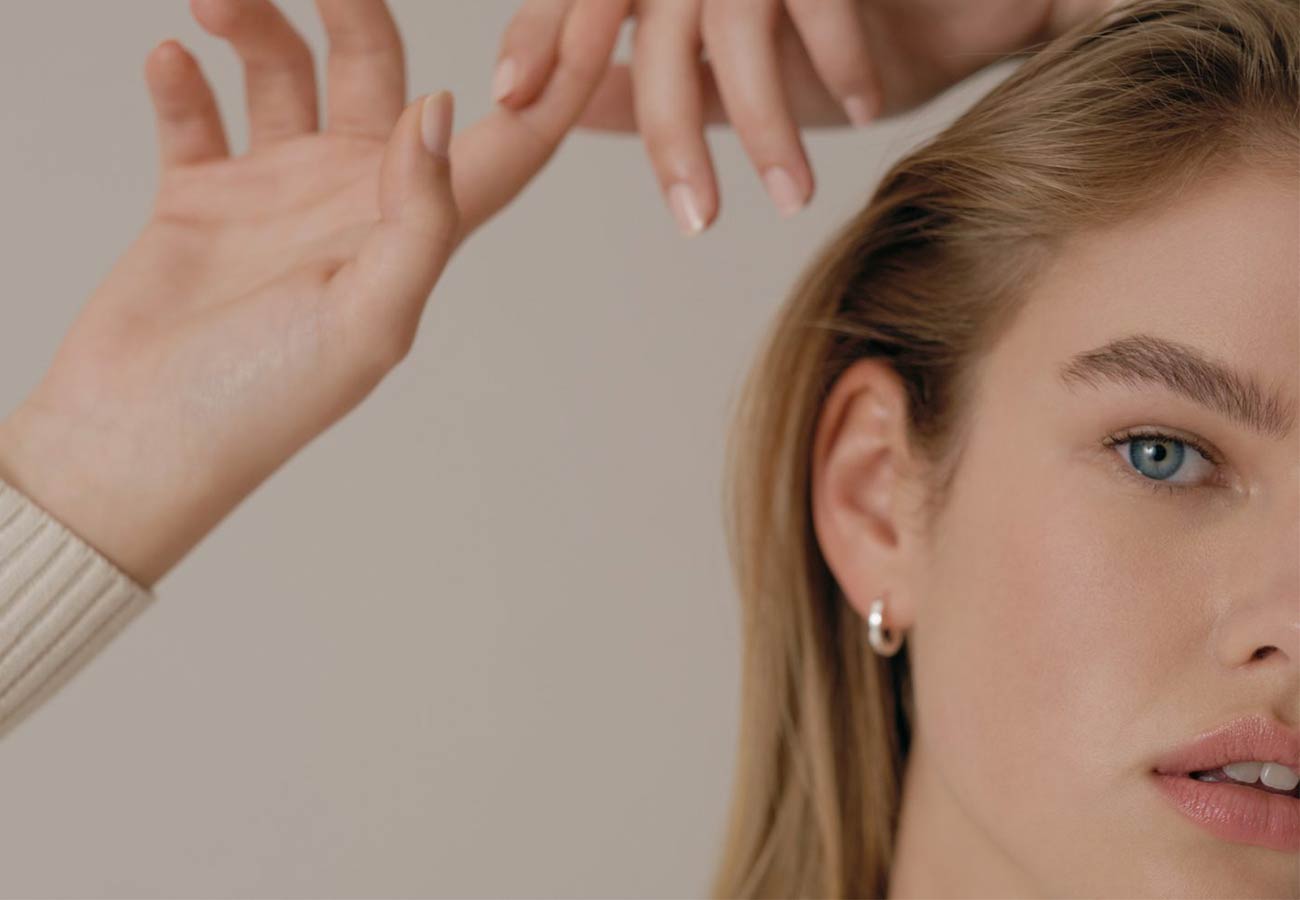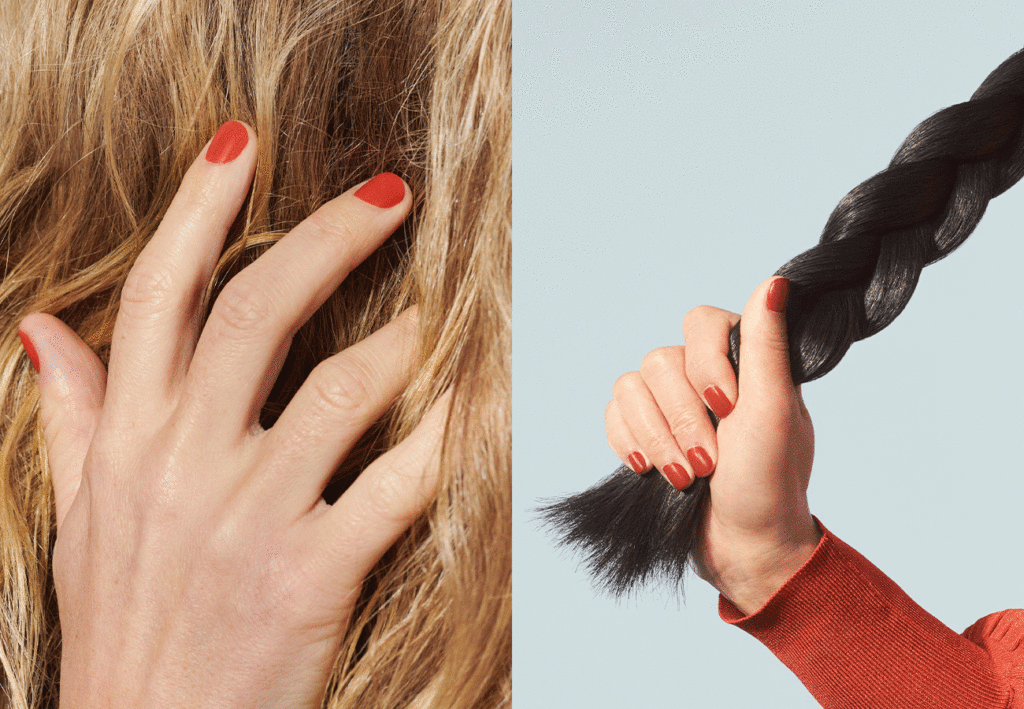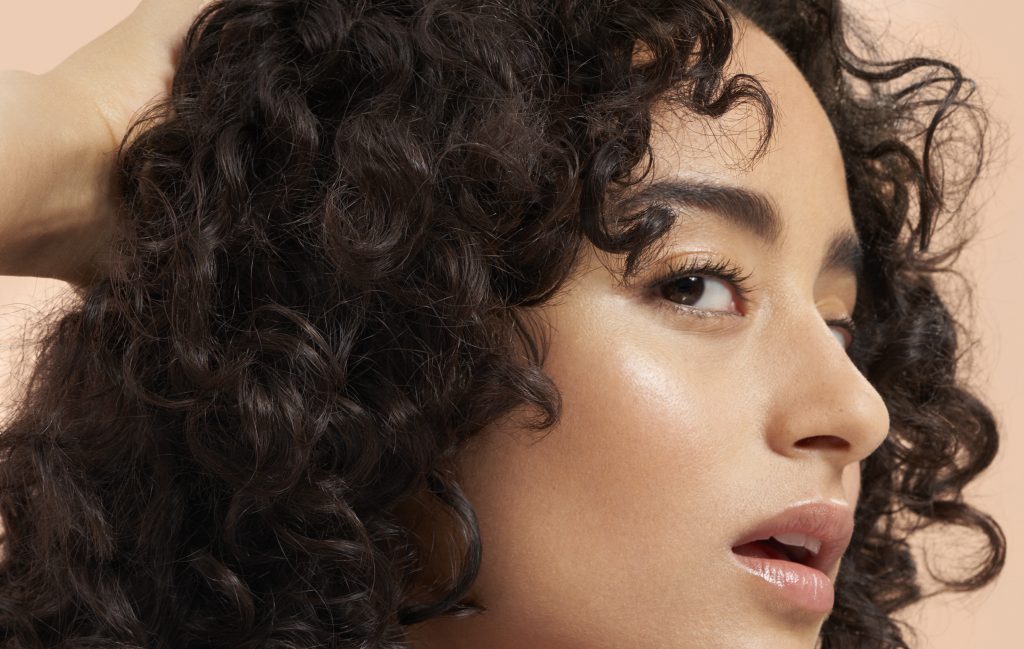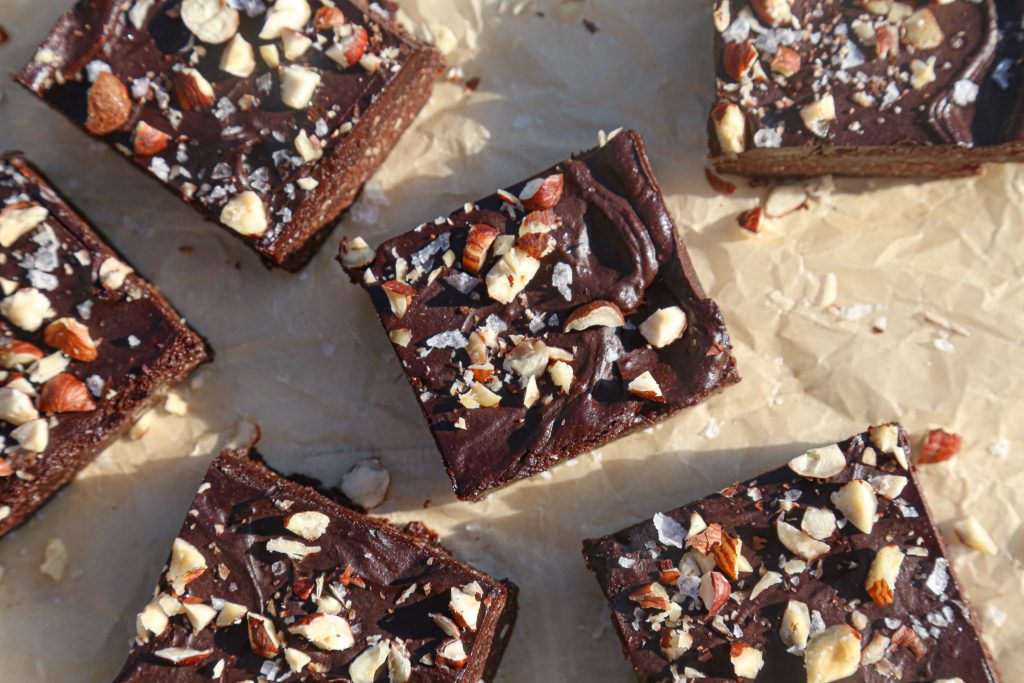A few months before I graduated from college in Boston, I experienced my first ever panic attack. It snuck up on me in the middle of my final spring break; I was visiting my parents in California when suddenly the world started spinning. I sat down on their very tall bed and began to feel like I had been turned inside out, like I couldn’t recognize my own body—neither the arms that reached out for help nor the feet dangling just above the ground felt like mine. Anyone suffering from severe anxiety knows that this level of dissociation is more than just scary—it’s traumatizing, and the effects are lingering.
When I moved to Brooklyn after graduation, this severe anxiety took hold and wouldn’t let go. On particularly bad days, little things like getting on the subway could trigger near-fainting spells and ophthalmic migraines—that’s the fun kind of migraine where you essentially go blind for 15 minutes! Trés chic! I coped the only way I knew how: By 1) scheduling appointments with a Zocdoc psychiatrist who worked out of a basement in Bay Ridge and overbooked his sessions, forcing all of his patients to wait hours in a crowded room with a very tenuous WiFi connection and nowhere near enough chairs, and 2) stocking up on Sephora face masks. The first option was mostly a bust; he prescribed me Lexapro, which actually made me more anxious, and Ativan, which was a short-term solution to curb the attacks that I was still having. And then there was Sephora.
We all know that we can’t rinse our mental health challenges down the drain along with an avocado snail mucin face mask. (Do they make those? If so, I’m buyin.’) But out of desperation, I began instating self-care evenings into my weekly routine, taking a pause after dinner to apply a fun beauty product—my favorite is the uber hydrating sheet masks from Dr. Jart+—to my face for a few minutes while I either watched mindless TV, journaled, read something for fun, or simply sat and connected to my breath. I never expected a miracle cure, but this ritual, while admittedly a little bougie, helped center me at the end of a hectic day in the city.
Fast forward a couple years. Given our current situation—I’ll tread lightly: the arantine-quay—it seems everyone’s mental health, no matter how much therapy we’ve received or face masks we’ve applied, is being tested.
The pandemic, which is severing all of us from our regular routines and many of us from our basic connections to the outside world including in-person appointments with mental health professionals, has me wondering more than ever whether beauty-related self-care or self-maintenance is an effective tool against our anxiety, or if it’s all simply a marketing ploy.
It’s worth noting that “self-care” can take many different forms for different people—what incense and sage brushes do for some, a bubble bath may do for others, or a yoga flow, or a healthy home-cooked meal. Oxford’s definition of self-care, “the practice of taking an active role in protecting one’s own well-being and happiness, in particular during periods of stress,” is wonderfully vague. As Aisha Harris reports in her 2017 Slate article about the history of self-care, it was due to the rise of the civil rights and women’s movements that women and people of color began viewing the ability to control their own health “as a corrective to the failures of a white, patriarchal medical system to properly tend to their needs.” And while the term “self-care” has its roots in medicine, the wellness boom—which exploded in late 2016 following the presidential election, and is only gaining more traction in the era of social distancing—has bubbled over into beauty.
Since 2016, many people have since written about the commodification and even weaponization of self-care by brands and influencers on social media. But what seems to be a consensus among mental health providers is that beauty-related self-care or self-maintenance has a net positive effect on mental health when done with the intention of doing something good for oneself, and is in fact a crucial element of a person’s overall mental health.
In an article published in 2019, NYC-based psychologist Heather L. Silvestri, Ph.D, told Byrdie that, “Acting out of self-care can have a positive ripple effect on your feelings and on how you think about yourself. There is usually only a short-term spike in dopamine, a neurotransmitter associated with pleasure. [… But] if you’ve spent your money with conscious intention and with self-care in mind, then the action is likely to continue bolstering your mood even after the dopamine surge winds down.”
In this article from 2019, Dazed Digital wonders about the ethics of marketing self-care at all, given that the industry is worth over $11 billion and big brands like Revlon have taken to selling make-up kits with names like “It’s Ok to Feel” and “Celebrate Every Piece of Yourself.” “Should we be buying things to make us love ourselves more?” the article asks. And it’s a valid question. But the article makes the point that this commodification isn’t an entirely negative consequence of the wellness boom. “It’s less about the products anyway, and more about encouraging young audiences to check in on themselves and their mental health,” says writer Niellah Arboine.
At its most basic, the practice of beauty self-care requires us to slow down and to be intentional about what we’re putting on and around our bodies. Sometimes, it means giving ourselves permission to do something that appears selfish, superficial, or vain in spite of increasing pressure to be constantly performing our social worth. It means proving that we can take care of and pamper ourselves instead of seeking it elsewhere. While I wouldn’t recommend that it be your only form of coping with mental illness or stress, investing in your self-maintenance practice is a reminder that you deserve some extra attention.
I’m proud to report that my phase of extreme anxiety, as most things, did pass. I’m extremely fortunate for two years of therapy and a strong family support system that have helped me to feel much more at peace with my body and mind, and to be better able to manage my stress and worry when I do inevitably feel it. It can be really difficult to find a good fit with mental health providers, especially if you’re new to a city and overwhelmed by choices, but I do encourage you to try. In the meantime, a lavender honey mask never hurts.





